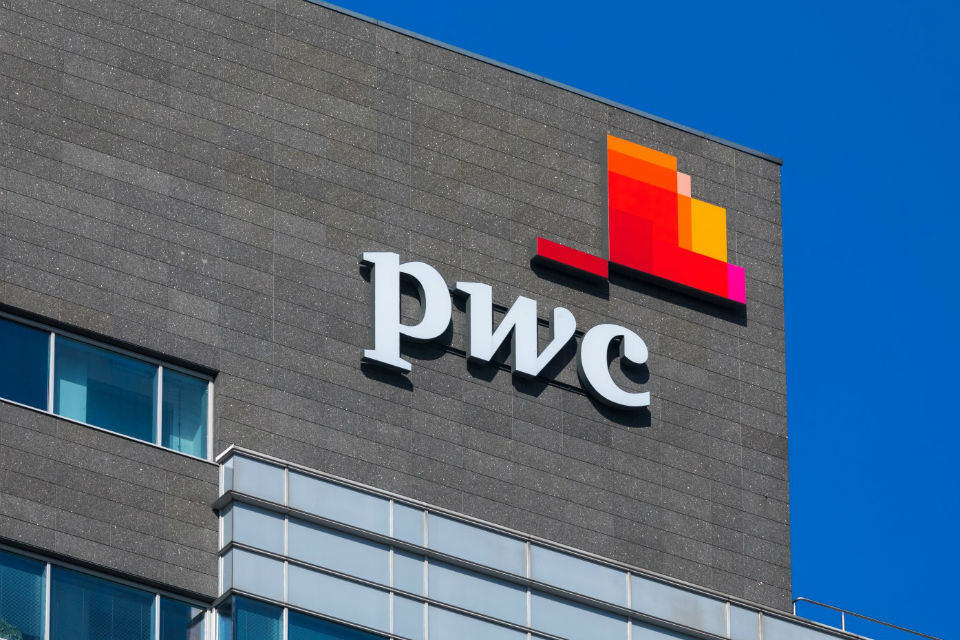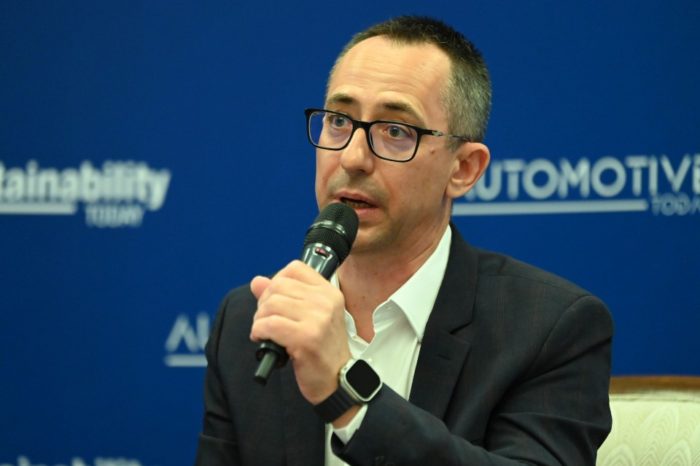PwC: A quarter of Romanian executives say their companies will not be viable in a decade unless they transform

52 percent of Romanian CEOs are confident about the revenue growth prospects of the companies they lead in the coming year, according to the PwC CEO Survey 2023. At the same time, 27 percent of respondents believe their organisations will not survive a decade from now if they continue on their current course and do not make decisions to transform their companies.
The most important factor that will affect their long-term profitability is the workforce and skills shortage, 70 percent of respondents say, with other threats being changing consumer preferences, regulatory developments, the emergence of new technologies, the transition to new energy sources and supply chain disruptions.
“Business leaders face a number of urgent threats and risks that have accumulated over the past two years and which they must address, and at the same time they must think strategically about the future, about how to reinvent their businesses to remain viable in the long term. The big challenge is how they will find the balance, how they will mitigate today’s tensions while making decisions for organizational transformation. The survey also gives us good news, as it is encouraging that 60 percent of the investments, they make are aimed at reinventing companies, and 40 percent are focused on current consolidation”, said Dinu Bumbăcea, Country Managing Partner PwC Romania.
In the short term, about three quarters of respondents (73 percent) plan to invest in process automation, new technologies and employee development.
Top three concerns: inflation, macroeconomic volatility and geopolitical conflicts
Romanian executives perceive inflation as the main risk to business development in the coming year (48 percent), followed by geopolitical conflict (42 percent) and macroeconomic volatility (38 percent).
The picture changes slightly when the time horizon widens – with macroeconomic volatility becoming the most important concern over the next five years, followed by inflation and geopolitical conflict. More than a third of Romanian CEOs feel high or very high exposure to each of the three risk factors.
Reduce costs, but avoid layoffs or reduced investment
In response to short-term economic challenges, executives say they are taking steps to boost revenue growth and reduce costs. As a result, 92 percent say they are already reducing operating costs or plan to do so in the next 12 months. However, around two-thirds of Romanian CEOs say they are not considering layoffs, while the other third of those surveyed say they have started a layoff programme or are planning to do so (the percentage globally is even higher, at 39 percent). By a similar measure, around three in five CEOs say they are not considering a hiring freeze.
As regards a possible postponement of investments, the share of Romanian CEOs who say they are maintaining the pace of investment (52 percent) is higher than those who say they have initiated or plan to decrease investments (44 percent).
Germany remains the most attractive foreign market
Compared to last year’s survey, changes can be seen in the preferred destinations of Romanian CEOs for the overall development prospects of their companies. For Romanian business leaders, Germany has been the most attractive foreign market for growth opportunities for several years. The United States ranks second, as it did a year ago, followed by France, Austria, Moldova, Hungary and Bulgaria, up from previous positions. China dropped this year in the ranking of destinations considered favourable for growth by our country’s CEOs from third place in 2022 to second last. Poland re-enters the top ten most important export markets, while Russia drops out of the ranking.
Other findings of the report
- 62 percent expect a slowdown in the growth of the national economy over the next year.
- 75 percent expect overall economic growth to slow in the next 12 months.
- The adoption of new alternative energy sources is ranked fourth in the top investment priorities over the next 12 months.
- Climate change is not yet high on the agenda of leading organisations, but they anticipate that in the short term the climate risk factor will particularly affect their cost profiles and supply chains.
- For CEOs whose organisations are exposed to geopolitical risk, the main steps planned for this year are adapting their presence in different markets and diversifying their product and service offerings.















